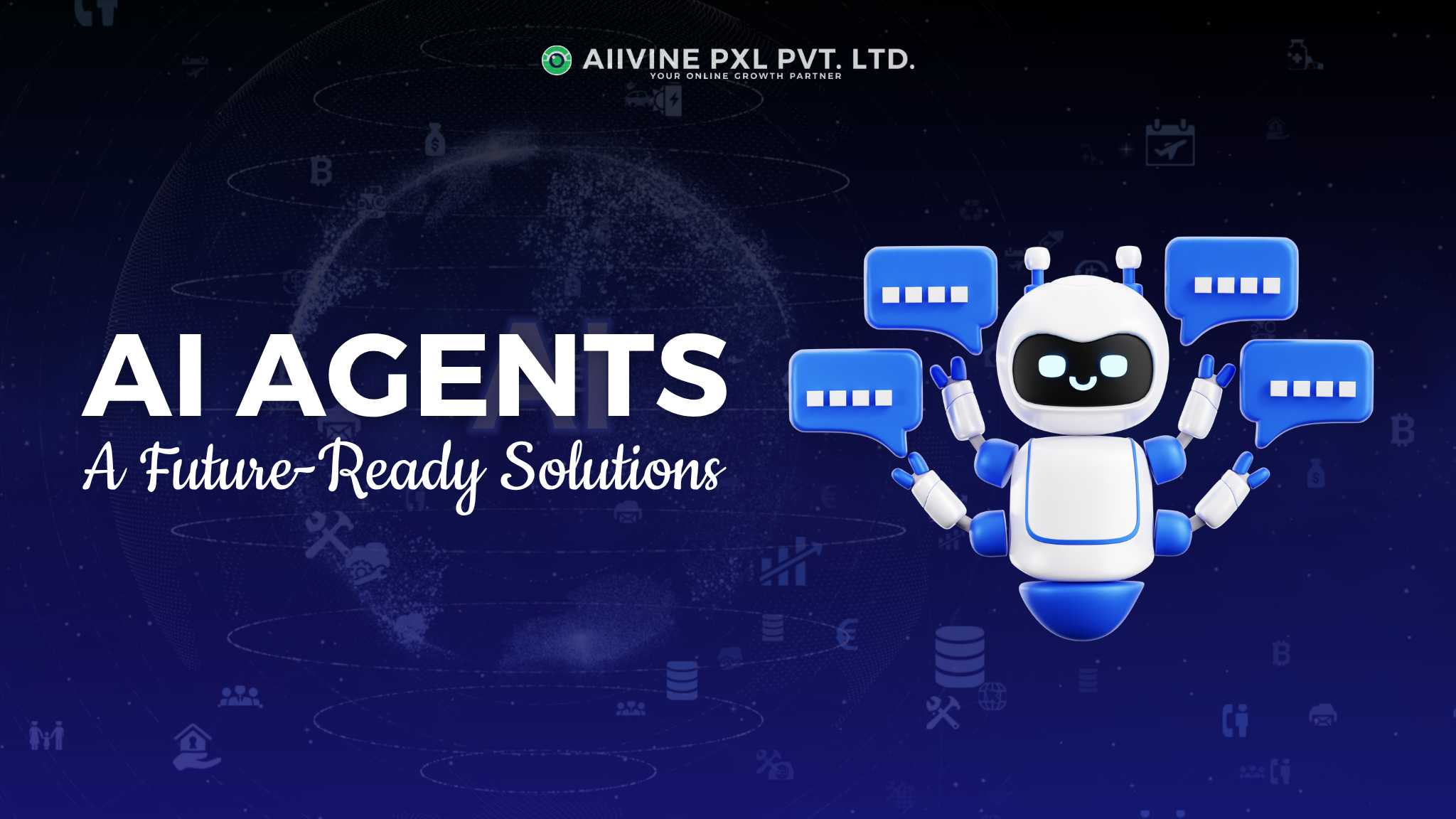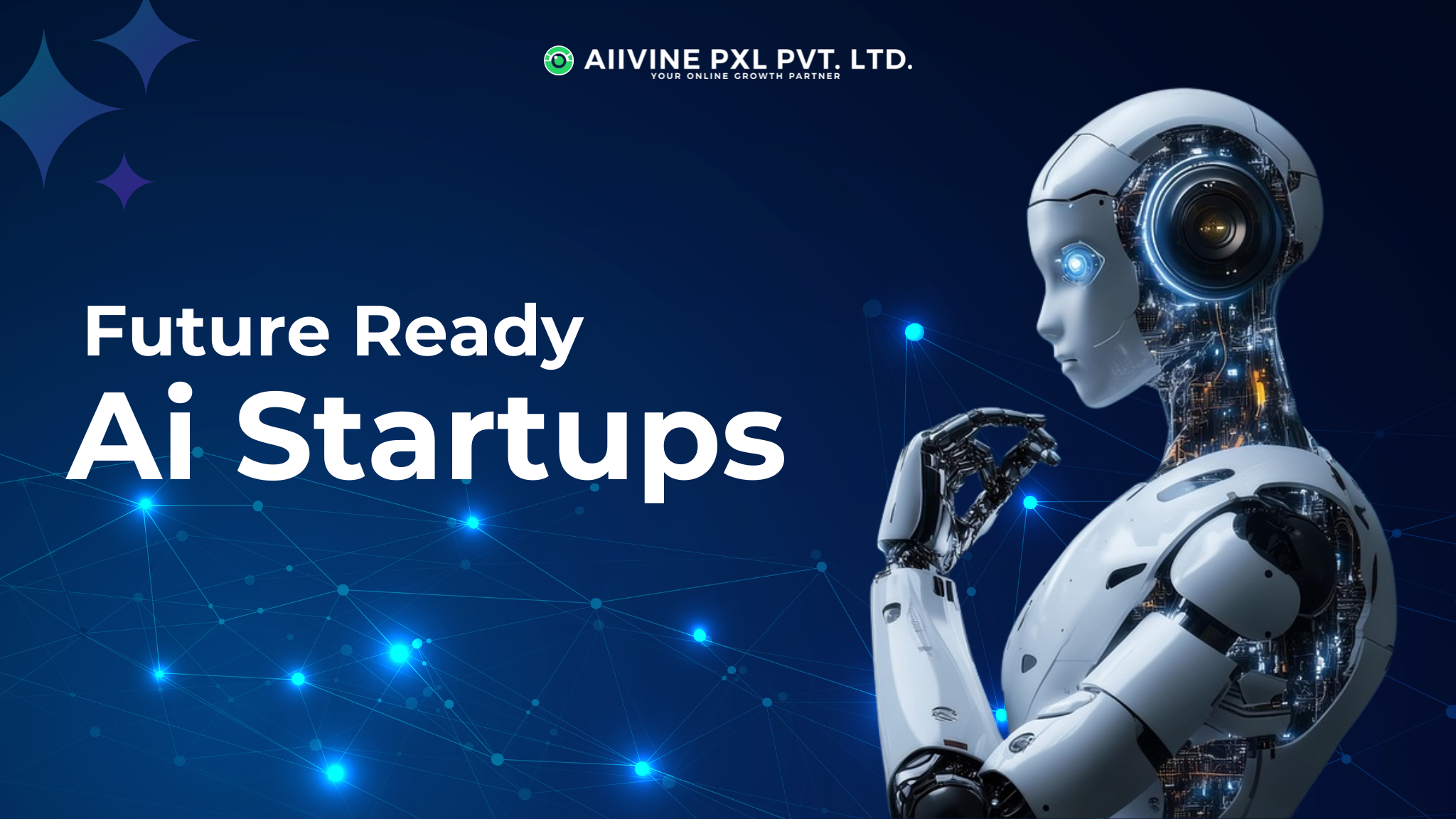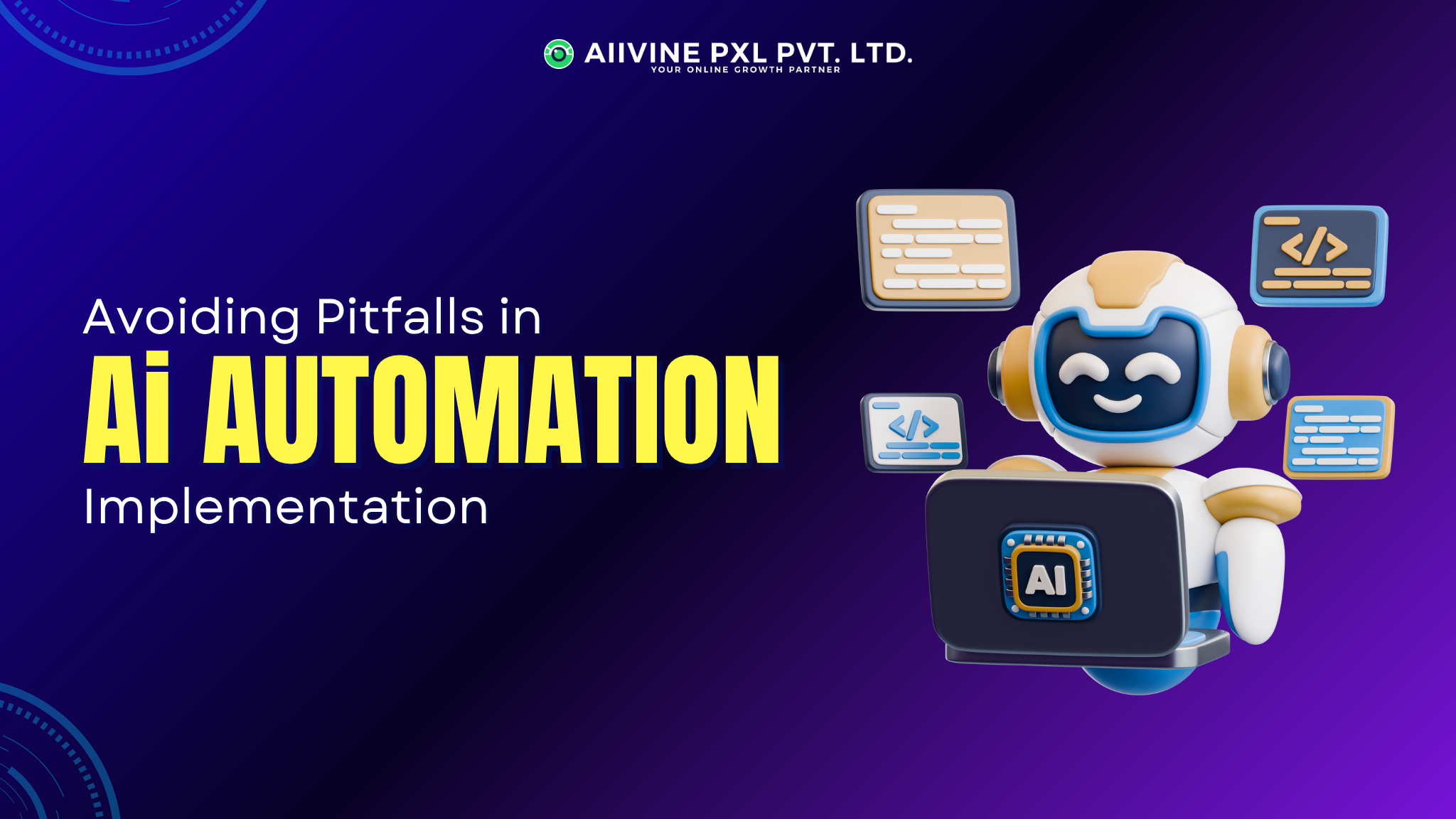Introduction
Artificial Intelligence (AI) agents are transforming the way businesses operate by automating complex tasks, enhancing decision-making, and driving innovation. Unlike traditional software, AI agents can learn from data, adapt to new situations, and act autonomously with minimal human oversight. This article explores what AI agents are, how they work, their types, key benefits, challenges, and how they are reshaping industries today and into the future.
What Are AI Agents?
AI agents are intelligent software systems designed to perceive their environment, make decisions, and take actions to achieve specific goals. They use advanced technologies such as large language models (LLMs), machine learning, natural language processing, and data analytics to observe, plan, and act autonomously. AI agents can remember previous interactions, collaborate with other agents or humans, and continuously improve their performance.
For example, an AI agent used by a consumer goods company automated global marketing analysis, reducing a task from six analysts per week to a single employee overseeing the AI agent, delivering results in under an hour. This demonstrates the power of AI agents to optimize processes, save time, and increase productivity.
How Do AI Agents Work?
AI agents operate through an observe-plan-act cycle:
- Observe: They gather data from sensors, databases, user inputs, and external systems, maintaining memory of past interactions to provide context for multi-step tasks.
- Plan: Using AI models, agents autonomously evaluate possible actions and prioritize strategies to accomplish their goals.
- Act: Agents execute tasks by interacting with enterprise systems like CRM, HR, or order management software. They can self-correct, detect errors, and learn from feedback loops to improve over time.
This continuous cycle allows AI agents to adapt dynamically to changing environments and optimize their efficiency and accuracy.
Types of AI Agents
AI agents vary in complexity and functionality, including:
- Simple Reflex Agents: Operate on predefined rules without memory. Example: Automated sprinkler systems.
- Model-Based Reflex Agents: Maintain an internal model of their environment to make adaptive decisions. Example: Lane assist in autonomous vehicles.
- Goal-Based Agents: Plan actions to achieve specific objectives by evaluating multiple options. Example: Project task planners.
- Utility-Based Agents: Assess outcomes to maximize benefits based on a utility function. Example: Ride-sharing app driver assignments.
- Learning Agents: Continuously improve through experience and feedback. Example: Personalized recommendation systems like Netflix or Amazon.
- Hierarchical Agents: Decompose complex tasks across multiple agents working in coordination. Example: Multi-level project management software.
Key Benefits of AI Agents
AI agents bring significant value across industries by:
- Automating Repetitive Tasks: They handle complex, time-consuming tasks faster and more accurately than humans, reducing errors and freeing employees to focus on higher-value work.
- Enhanced Decision-Making: By analyzing vast datasets quickly, AI agents provide actionable insights to inform strategic business decisions.
- Improved Customer Experience: AI agents personalize interactions, offer quick responses, and tailor recommendations, boosting customer satisfaction.
- Cost Savings & Operational Efficiency: They reduce operational costs by streamlining processes, minimizing manual errors, and speeding up workflows.
- 24/7 Availability & Scalability: AI agents can operate continuously without breaks, scaling to meet business demands.
Real-World Use Cases
AI agents are already making an impact across various domains:
- Marketing: Automating blog post creation and campaign analysis to reduce costs and accelerate publishing cycles.
- Customer Service: Virtual agents handle inquiries, improving response times and reducing human labor.
- Research & Development: Agents assist in lead generation and clinical report drafting, speeding up pharmaceutical innovation.
- Data & IT: Automating legacy system modernization and monitoring improves productivity and reliability.
- Invoice & Payroll Processing: Extracting and validating financial data enhances accuracy and compliance.
- Order & Inventory Management: Automating order confirmations, stock optimization, and supplier negotiations streamlines supply chains.
- Compliance Reporting: Ensuring regulatory adherence with minimal manual oversight.
- HR Functions: Automating resume screening, interview scheduling, and onboarding improves hiring efficiency.
- Fraud Detection & Security: Real-time monitoring and pattern recognition help mitigate risks.
The Agentic AI Value Pyramid: Augmentation, Automation, and Ideation
Recent advancements highlight a three-tiered value structure for AI agents:
1) Augmentation:
AI agents augment human capabilities by speeding up complex analysis and decision-making. For instance, agents that observe meetings and fetch relevant data enhance human understanding and collaboration. Augmentation also improves employee productivity and customer engagement by offloading routine tasks.
2) Automation:
Automation focuses on replacing repetitive, rule-based processes with AI agents. This layer builds on traditional robotic process automation (RPA) but extends it with adaptive and intelligent decision-making capabilities. Automation can improve processing speed, reduce errors, and cut costs across manufacturing, logistics, IT operations, and more.
3) Ideation:
The highest value lies in AI agents that drive innovation by generating new ideas and strategies. Domain-specific AI models, such as BloombergGPT in finance or Iambic’s Enchant for drug discovery, exemplify this layer by providing expert-level insights and accelerating research. These ideation agents require significant investment but can significantly reduce time-to-market and foster competitive advantage.
Challenges and Ethical Considerations
Despite their benefits, AI agents face challenges:
- Data Quality: Poor or biased data can lead to inaccurate or unfair outcomes.
- Ethics & Bias: AI agents can inherit and amplify societal biases embedded in training data.
- Security & Privacy: Handling sensitive data demands stringent protections against cyber threats.
- Transparency: Complex AI models often act as "black boxes," making it difficult to understand decision logic.
- Human Oversight: AI agents still require supervision to manage unexpected scenarios and ethical dilemmas.
Addressing these challenges requires comprehensive governance, responsible AI development, and ongoing monitoring.
The Future of AI Agents in Business
AI agents are expected to lead the next wave of generative AI adoption, transforming business workflows and innovation. Organizations that strategically implement the full Agentic AI Value Pyramid—embracing augmentation, automation, and ideation—will gain sustainable competitive advantages.
Emerging trends include:
- Hyperautomation & Digital Twins: Simulating real-world processes for optimization.
- Edge AI: Real-time decision-making closer to data sources.
- AI-Augmented Workforce: Humans collaborating seamlessly with AI agents.
- Conversational AI with Emotion Recognition: More empathetic and personalized interactions.
No-Code/Low-Code Platforms: Democratizing AI deployment for non-technical users.
Conclusion:
AI agents are reshaping industries by blending autonomy, adaptability, and intelligence. They enable businesses to automate routine tasks, enhance decision-making, and innovate faster. However, the path forward demands balancing technological advancement with ethical responsibility, transparency, and security.
Organizations that harness AI agents thoughtfully will unlock new levels of productivity, creativity, and customer satisfaction—leading the way in the future of work and business.




